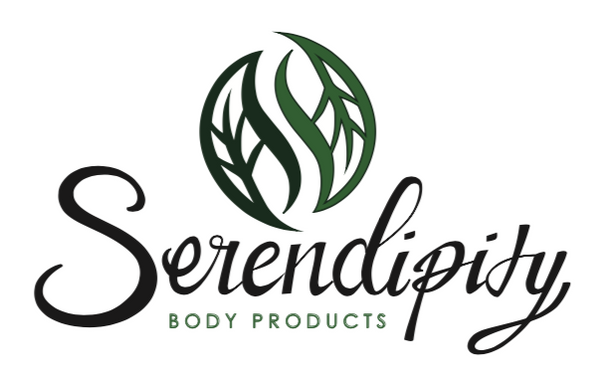
Greenwashing is a term that describes when a brand makes false or exaggerated claims about how green, natural, organic or environmentally friendly their products are.
Because of a high demand for natural products, many companies use marketing and labelling to mislead customers. This can include the use of green colouring on labels, highlighting one natural ingredient, green-sounding product names and false or vague claims. Since there is no regulated definition of natural, products labelled natural may only contain a single natural ingredient. And worse yet, often the other ingredients are harmful, from irritating to carcinogenic.
One walk down the shampoo aisle and you'll see plenty of examples. I was shopping for shampoo for my husband (I haven't fully converted him to natural yet!) and I searched for the next best thing. It must have taken me a half an hour or more to read all the labels and I practically shook my head the whole time. Initially I was drawn to the green labels with plants on them or the ones that sounded natural like "with argan oil" or "no dyes or parabens" or "natural extracts" or "eco-friendly" or "80% naturally derived" and yet they had other synthetic and harmful ingredients. Since then he picked up Tresemme's Clean & Natural Shampoo which sounds promising, yet it contains sodium laureth sulfate (SLS), propylene glycol and a formaldehyde releaser. Now I didn't look into all 37 ingredients but these ones were in the top 11 ingredients listed, which means that's mostly what this shampoo is made of. To be fair, at least 27 of the ingredients were safe and natural but most are present in small quantities. It also contains parfum/fragrance and CI 19140 and CI 42090 - all synthetic ingredients.
And what's a CI you ask? It's an international colour index that includes synthetic and natural colourants. Natural ones are found in the range CI 75000-76999 and inorganic ones (like minerals) are found in the range CI 77000-77999).
And don't get me started on food labels!! LOL
Maybe its time to switch our thinking from what's natural to what's safe. So, what can you do? Read labels, research ingredients and look for certifications such as Ecocert. It's not easy. You may have to research the source of the information as well. Do they have an agenda? Do other sources back up them up? Is there evidence and how reliable and current is it?
You can also look up ingredients on sites like this: http://www.cosmeticsinfo.org.
You can also use the Skin Deep Cosmetic Database with caution. Watch out for data gaps, old studies and ratings for ingredients that have no information available.
Want to know more about greenwashing?
http://www.cbc.ca/news/canada/10-worst-household-products-for-greenwashing-1.1200620
